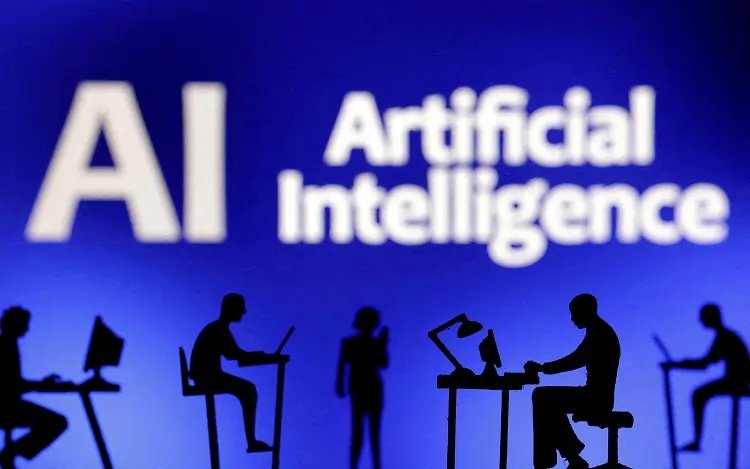AI experts ready ‘Humanity’s Last Exam’ to stump powerful tech


By Jeffrey Dastin and Katie Paul
(Reuters) – A team of technology experts issued a global call on Monday seeking the toughest questions to pose to artificial intelligence systems, which increasingly have handled popular benchmark tests like child’s play.
Dubbed “Humanity’s Last Exam,” the project seeks to determine when expert-level AI has arrived. It aims to stay relevant even as capabilities advance in future years, according to the organizers, a non-profit called the Center for AI Safety (CAIS) and the startup Scale AI.
The call comes days after the maker of ChatGPT previewed a new model, known as OpenAI o1, which “destroyed the most popular reasoning benchmarks,” said Dan Hendrycks, executive director of CAIS and an advisor to Elon Musk’s xAI startup.
Hendrycks co-authored two 2021 papers that proposed tests of AI systems that are now widely used, one quizzing them on undergraduate-level knowledge of topics like U.S. history, the other probing models’ ability to reason through competition-level math. The undergraduate-style test has more downloads from the online AI hub Hugging Face than any such dataset.
At the time of those papers, AI was giving almost random answers to questions on the exams. “They’re now crushed,” Hendrycks told Reuters.
As one example, the Claude models from the AI lab Anthropic have gone from scoring about 77% on the undergraduate-level test in 2023, to nearly 89% a year later, according to a prominent capabilities leaderboard.
These common benchmarks have less meaning as a result.
AI has appeared to score poorly on lesser-used tests involving plan formulation and visual pattern-recognition puzzles, according to Stanford University’s AI Index Report from April. OpenAI o1 scored around 21% on one version of the pattern-recognition ARC-AGI test, for instance, the ARC organizers said on Friday.
Some AI researchers argue that results like this show planning and abstract reasoning to be better measures of intelligence, though Hendrycks said the visual aspect of ARC makes it less suited to assessing language models. “Humanity’s Last Exam” will require abstract reasoning, he said.
Answers from common benchmarks may also have ended up in data used to train AI systems, industry observers have said. Hendrycks said some questions on “Humanity’s Last Exam” will remain private to make sure AI systems’ answers are not from memorization.
The exam will include at least 1,000 crowd-sourced questions due November 1 that are hard for non-experts to answer. These will undergo peer review, with winning submissions offered co-authorship and up to $5,000 prizes sponsored by Scale AI.
“We desperately need harder tests for expert-level models to measure the rapid progress of AI,” said Alexandr Wang, Scale’s CEO.
One restriction: the organizers want no questions about weapons, which some say would be too dangerous for AI to study.
(Reporting by Jeffrey Dastin in San Francisco and Katie Paul in New York; Editing by Christina Fincher)
Artificial Intelligence (AI) refers to the simulation of human intelligence in machines programmed to think and learn like humans. It encompasses various technologies, including machine learning and natural language processing.
Benchmark tests in AI are standardized assessments used to evaluate the performance and capabilities of artificial intelligence systems. They help determine how well an AI can perform specific tasks compared to other systems.
Crowdsourcing is a method of obtaining ideas, services, or content by soliciting contributions from a large group of people, often via the internet. It allows for diverse input and innovation.
Abstract reasoning is the ability to understand complex concepts and relationships that are not immediately apparent. It involves thinking about objects, principles, and ideas that are not physically present.
Peer review is a process in which experts in a specific field evaluate the quality, validity, and relevance of a research paper or project before it is published or accepted.
Explore more articles in the Technology category











